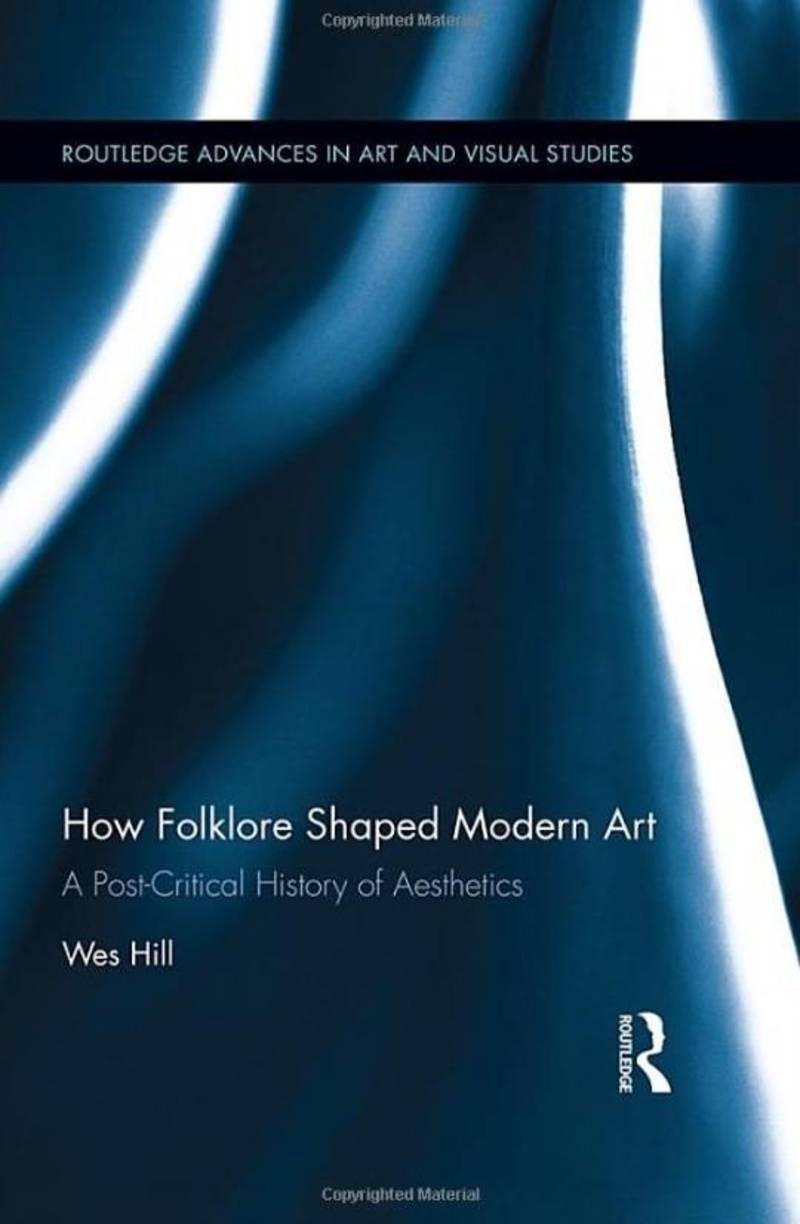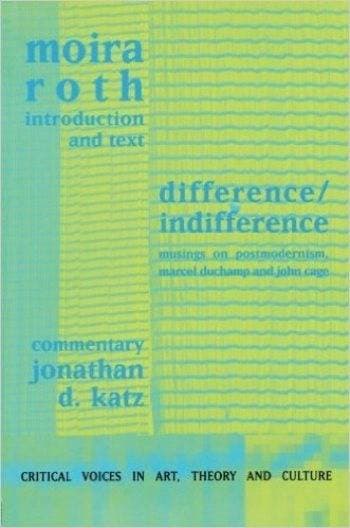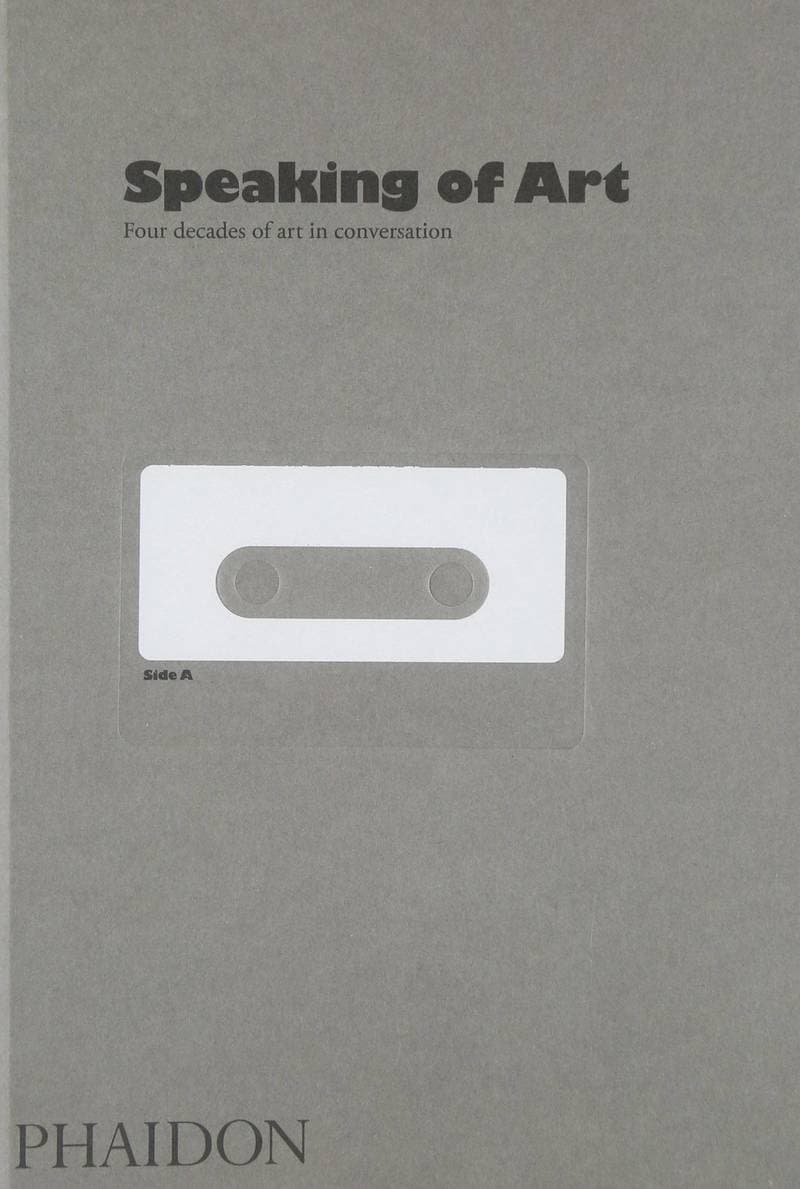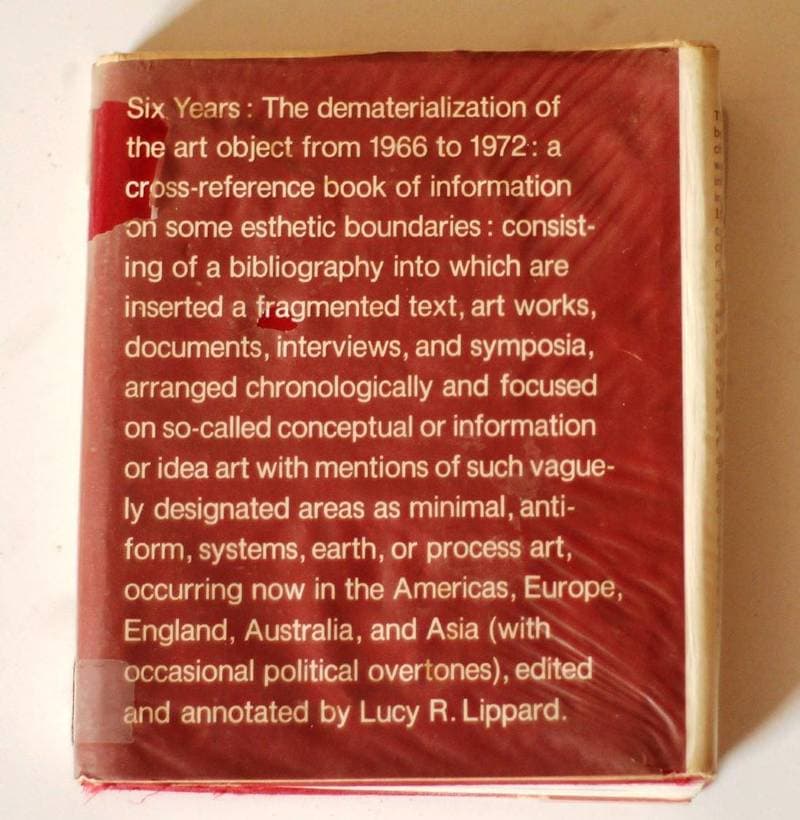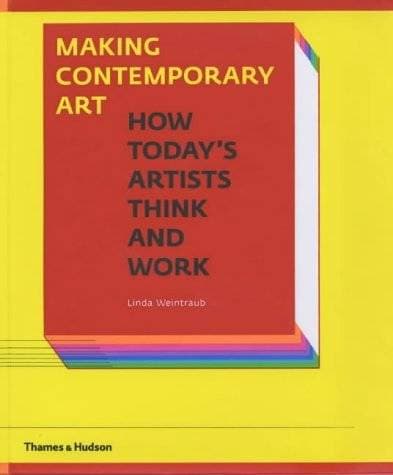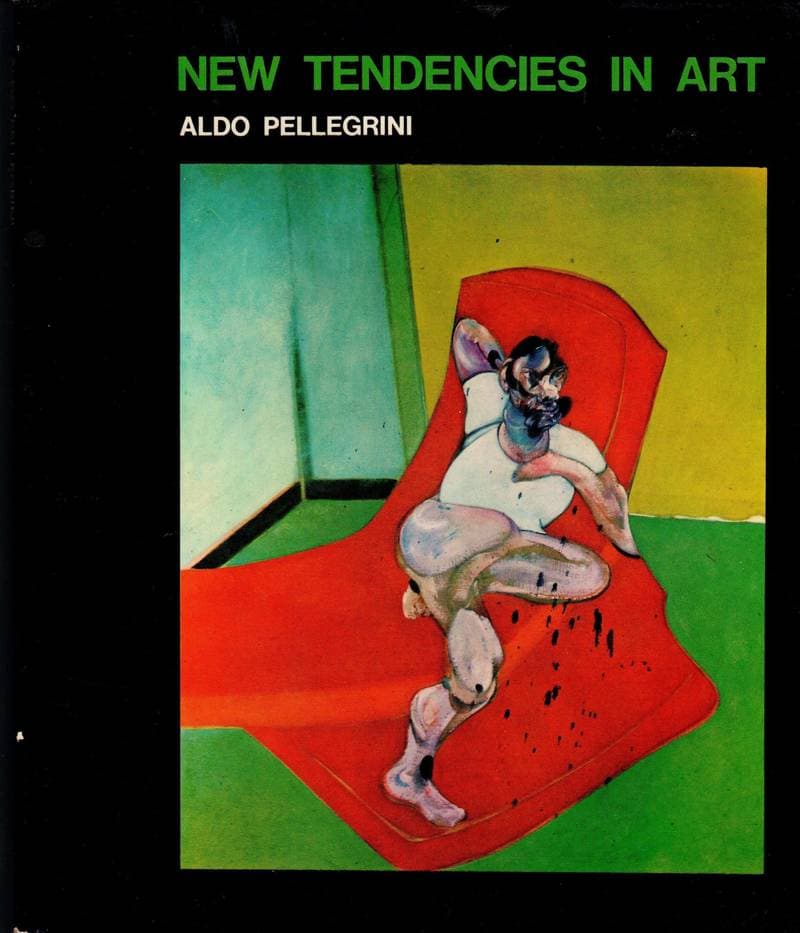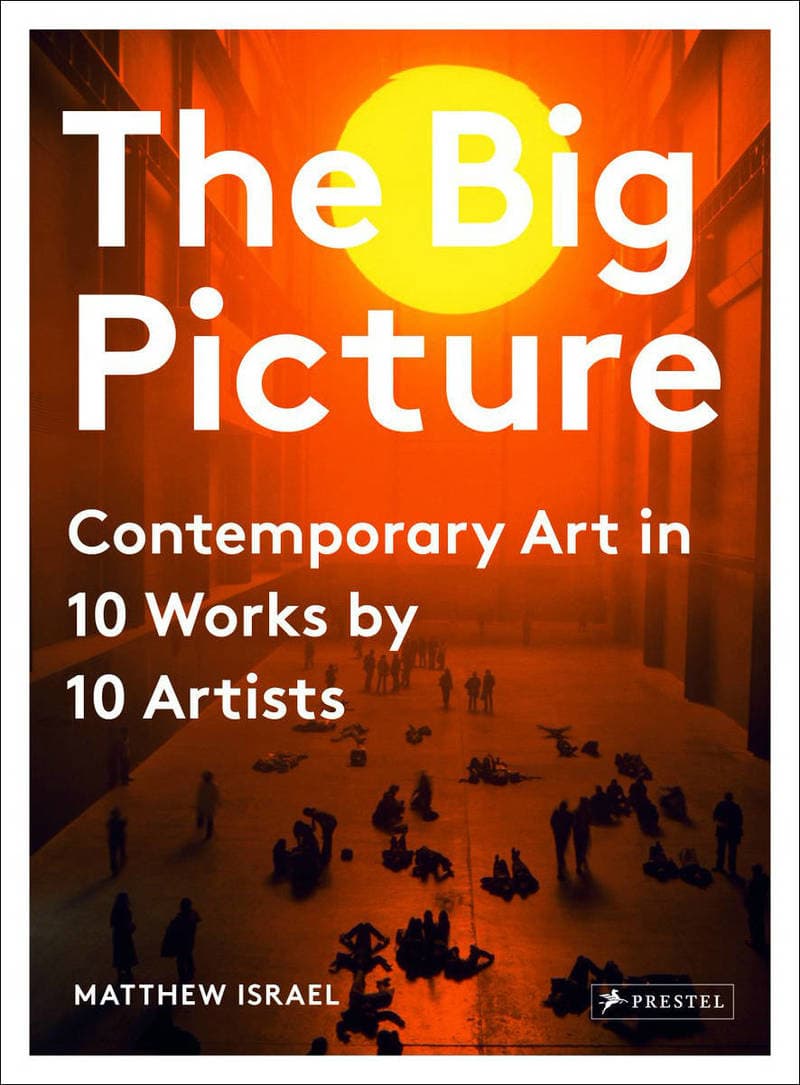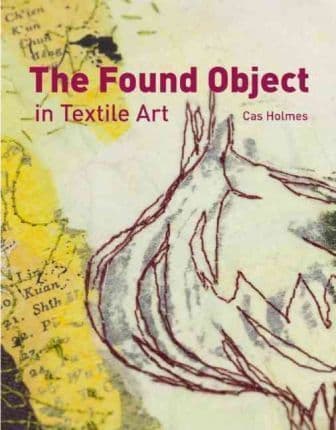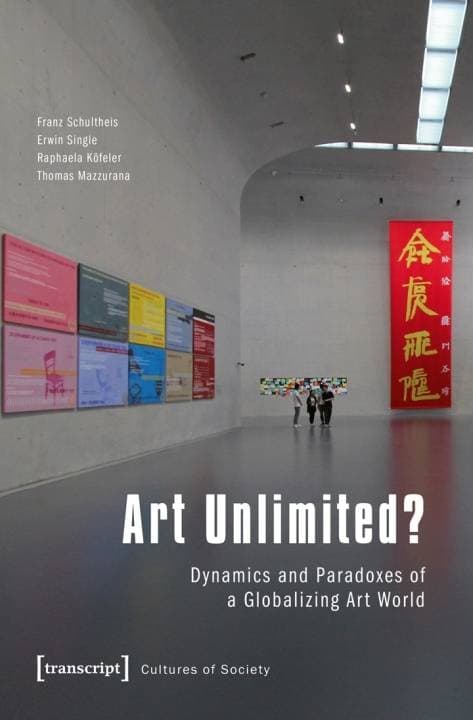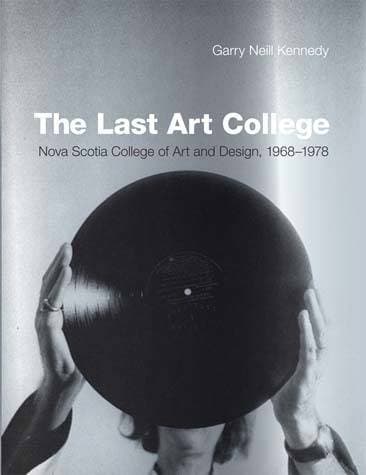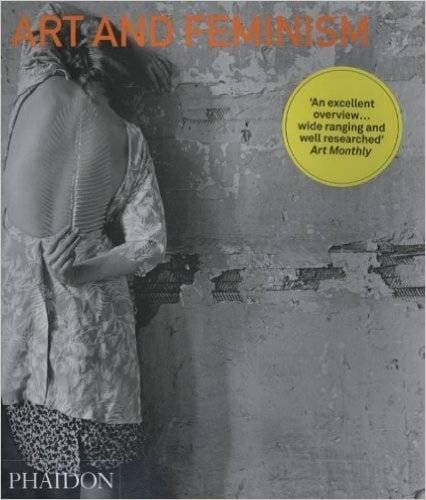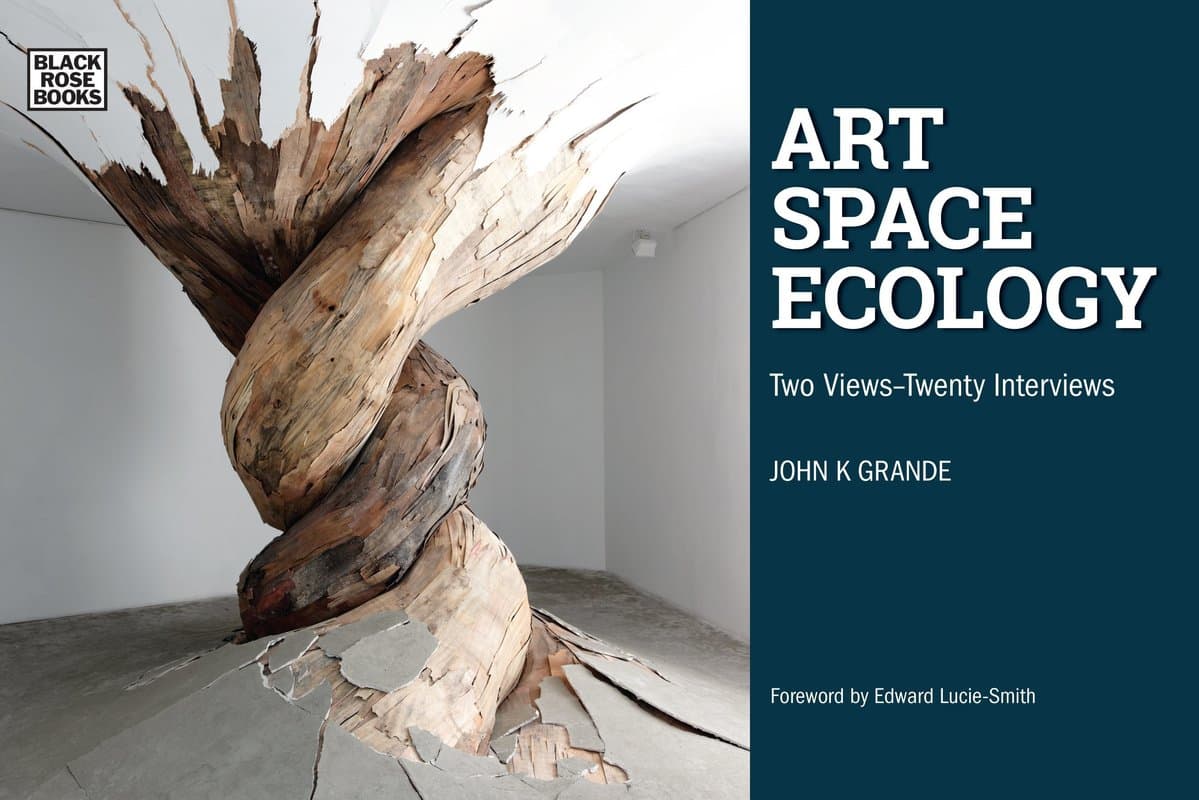How Folklore Shaped Modern Art: A Post-Critical History of Aesthetics
Since the 1990s, artists and art writers around the world have increasingly undermined the essentialism associated with notions of “critical practice.” We can see this manifesting in the renewed relevance of what were previously considered “outsider” art practices, the emphasis on first‑person accounts of identity over critical theory, and the proliferation of exhibitions that refuse to distinguish between art and the productions of culture more generally. How Folklore Shaped Modern Art: A Post‑Critical History of Aesthetics underscores how the cultural traditions, belief systems and performed exchanges that were once integral to the folklore discipline are now central to contemporary art’s “post‑critical turn.” This shift is considered here as less a direct confrontation of critical procedures than a symptom of art’s inclusive ideals, overturning the historical separation of fine art from those “uncritical” forms located in material and commercial culture. In a global context, aesthetics is now just one of numerous traditions informing our encounters with visual culture today, symptomatic of the pull towards an impossibly pluralistic image of art that reflects the irreducible conditions of identity.
Details
New York City
2016
182 pages
9781138931671
Available on request
No
Yes
709.042 Hil
1
- Difference/Indifference: Musings on Postmodernism, Marcel Duchamp and John Cage2013
- Всё и ничто: символические фигуры в искусстве второй половины ХХ века2019
- Speaking of Art: Four Decades of Art in Conversation2010
- Six Years: The Dematerialization of the Art Object from 1966 to 19721973
- Making contemporary art: How modern artists think and work2003
- New Tendencies in Art1966
- The Big Picture: Contemporary Art in 10 Works by 10 Artists2017
- The Found Object in Textile Art2010
- Art Unlimited?: Dynamics and Paradoxes of a Globalizing Art World2016
- The Last Art College. Nova Scotia College of Art and Design, 1968–19782012
- Art and Feminism2012
- Art, Space, Ecology: Two Views‑Twenty Interviews2019
